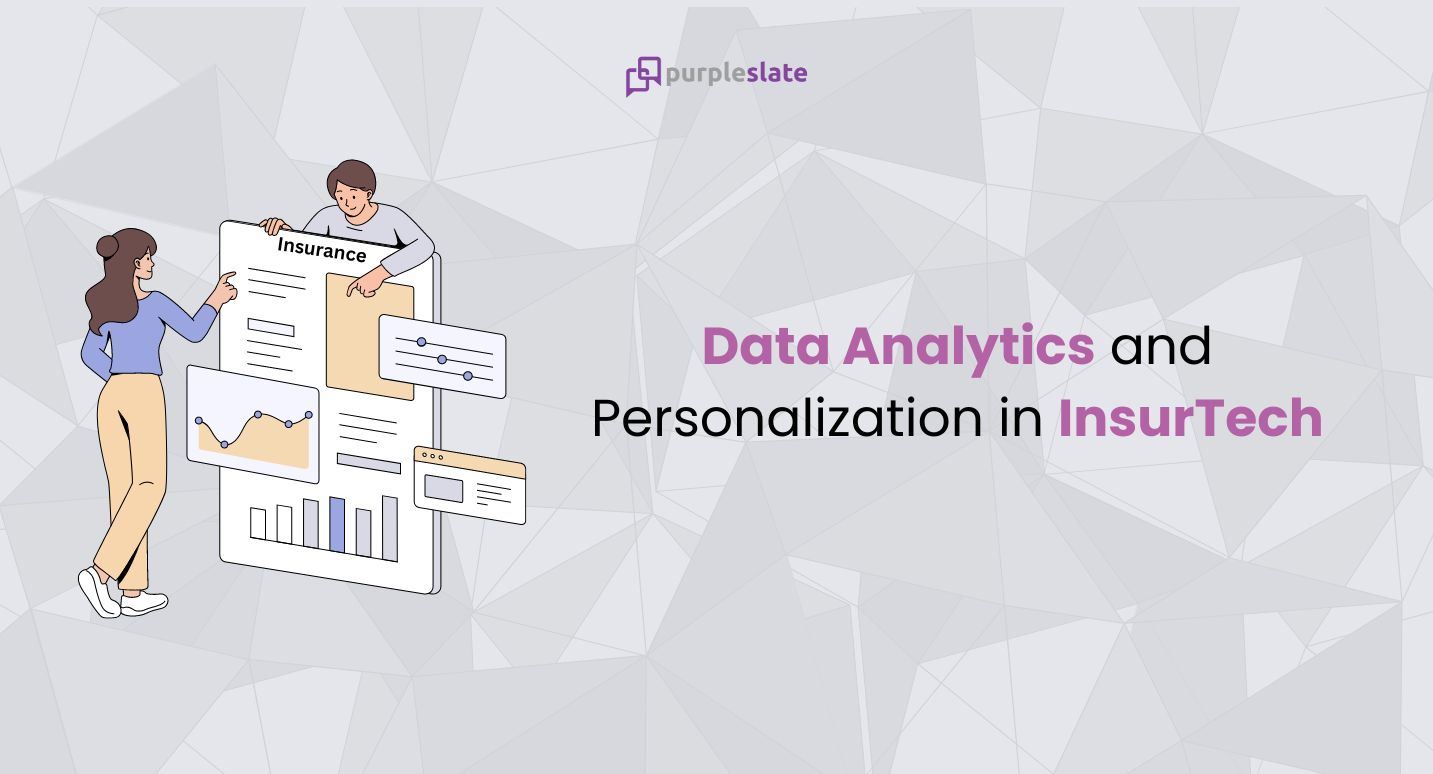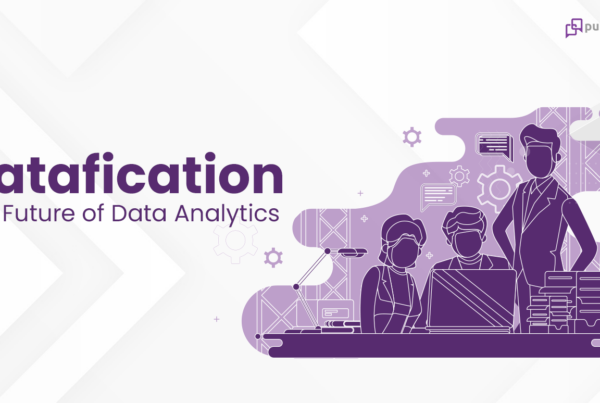
Introduction
Have you ever wondered how insurance companies can tailor their products to meet your specific needs? In the rapidly evolving landscape of InsurTech, data analytics and personalization are at the forefront of transforming how insurance solutions are crafted. By the end of this post, you’ll understand how cutting-edge technologies are revolutionizing the insurance industry and what that means for you as a consumer. Dive in to discover how personalized insurance solutions can benefit you and how the industry is evolving to meet your needs more precisely than ever before.
The Power of Data in InsurTech
Understanding Data Collection
In the world of InsurTech, data is the new oil. Insurance companies collect vast amounts of data from various sources, including customer interactions, social media, telematics devices, and even wearable technology. This data is meticulously analyzed to understand customer behavior, preferences, and risk profiles. By harnessing this data, insurers can make more informed decisions, reduce fraud, and streamline operations.
Data-Driven Underwriting
Traditional underwriting processes relied heavily on static data and manual assessments, often leading to inefficiencies and inaccuracies. With the advent of data analytics, underwriting has become more dynamic and precise. Advanced algorithms analyze real-time data to assess risk more accurately, allowing insurers to offer personalized premiums and coverage options. This not only benefits the insurer by reducing risk but also ensures that customers receive fair and customized insurance solutions.
Personalization in Insurance Solutions
Tailored Policy Offerings
Personalization in InsurTech means creating policies that fit the unique needs of each customer. By analyzing data, insurers can identify specific customer needs and preferences. For instance, a young professional might prefer a policy with lower premiums but higher deductibles, while a family might prioritize comprehensive coverage. By offering tailored policy options, insurers can improve customer satisfaction and retention.
Behavioral Insights and Customer Engagement
Data analytics provides deep insights into customer behavior, enabling insurers to engage with their customers more effectively. Personalized communication strategies, such as targeted emails and personalized app notifications, help in building stronger relationships with customers. These insights also allow insurers to offer relevant advice and products, enhancing the overall customer experience.
The Role of AI and Machine Learning
Predictive Analytics
Artificial intelligence (AI) and machine learning (ML) are pivotal in transforming data into actionable insights. Predictive analytics uses historical data to forecast future events, enabling insurers to anticipate customer needs and trends. This proactive approach allows insurers to develop innovative products and services that meet emerging customer demands.
Claims Processing and Fraud Detection
AI and ML are revolutionizing the claims process by automating and speeding up the evaluation of claims. These technologies can quickly analyze large volumes of data to detect patterns indicative of fraud, reducing the incidence of false claims. This not only saves costs for insurers but also ensures that legitimate claims are processed swiftly, improving customer satisfaction.
Enhancing Customer Experience
Real-Time Assistance and Chatbots
In today’s digital age, customers expect immediate assistance. InsurTech companies are leveraging AI-powered chatbots to provide real-time customer support. These chatbots can handle a wide range of queries, from policy information to claims processing, providing customers with quick and efficient service. This enhances the customer experience and frees up human agents to handle more complex issues.
Personalized Recommendations
With the help of data analytics, insurers can provide personalized recommendations to their customers. For example, if data shows that a customer frequently travels, the insurer might recommend travel insurance or coverage for lost luggage. These tailored suggestions not only add value to the customer but also open up additional revenue streams for insurers.
Data Privacy and Security
Safeguarding Customer Information
In the age of data-driven personalization, protecting customer data is paramount. InsurTech companies must adhere to stringent data privacy regulations to ensure customer information is safeguarded. Implementing robust encryption methods, secure data storage solutions, and regular security audits can help mitigate the risk of data breaches. By prioritizing data security, insurers can build trust and foster long-term relationships with their customers.
Transparent Data Practices
Transparency in how customer data is collected, used, and shared is crucial for maintaining customer trust. InsurTech companies should clearly communicate their data practices, giving customers control over their personal information. By offering transparency and control, insurers can demonstrate their commitment to ethical data usage and reinforce customer confidence in their services.
Collaboration and Ecosystem Development
Partnerships with Tech Firms
To stay ahead in the competitive InsurTech landscape, insurance companies are increasingly collaborating with technology firms. These partnerships enable insurers to leverage cutting-edge technologies and innovative solutions to enhance their offerings. By joining forces with tech companies, insurers can stay at the forefront of digital transformation and deliver superior customer experiences.
Building an InsurTech Ecosystem
Developing a robust InsurTech ecosystem involves fostering collaboration among insurers, tech companies, regulators, and other stakeholders. By creating an interconnected network, the industry can drive innovation, streamline processes, and deliver better value to customers. A thriving InsurTech ecosystem promotes the exchange of ideas and best practices, ultimately benefiting the entire industry.
The Future of Personalization in InsurTech
Hyper-Personalization
The future of InsurTech lies in hyper-personalization, where every aspect of the insurance experience is customized to the individual. Advanced data analytics, coupled with AI and ML, will enable insurers to create highly personalized products, pricing, and interactions. This level of personalization will lead to more satisfied customers and more efficient and profitable operations for insurers.
Integration with Other Technologies
The integration of InsurTech with other emerging technologies, such as the Internet of Things (IoT) and blockchain, will further enhance personalization. IoT devices can provide real-time data on various risks, such as driving behavior or home security, allowing insurers to offer dynamic pricing and coverage. Blockchain technology can ensure the secure and transparent handling of customer data, building trust and enabling more personalized interactions.
Conclusion
Data analytics and personalization are revolutionizing the insurance industry, offering bespoke solutions that cater to the unique needs of each customer. By harnessing the power of advanced technologies, insurers can deliver superior products, enhance customer satisfaction, and optimize their operations. Embrace the future of InsurTech and discover how these innovations can provide you with a more personalized and efficient insurance experience. Stay informed and ready for the next wave of transformation in the insurance landscape.




